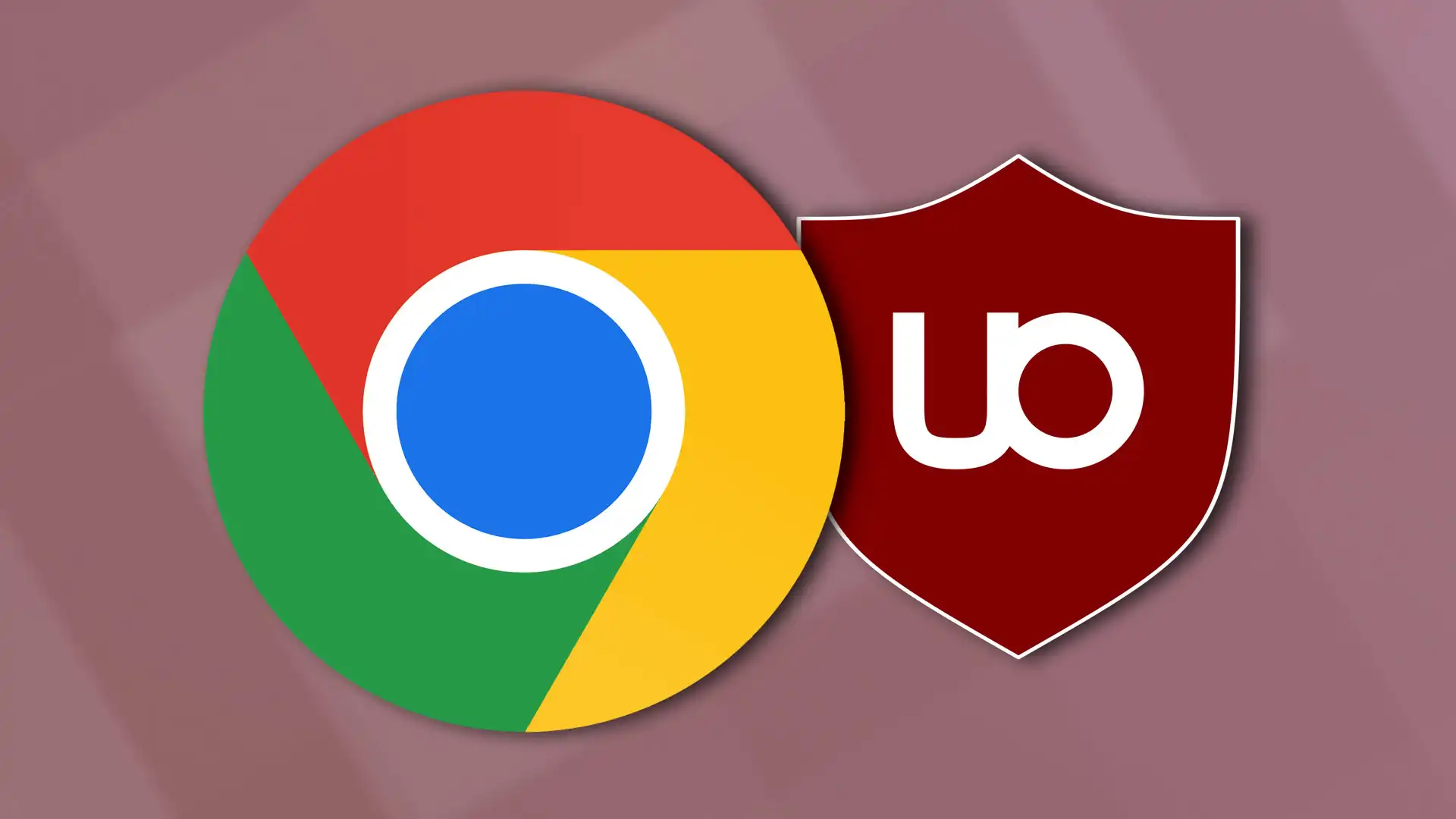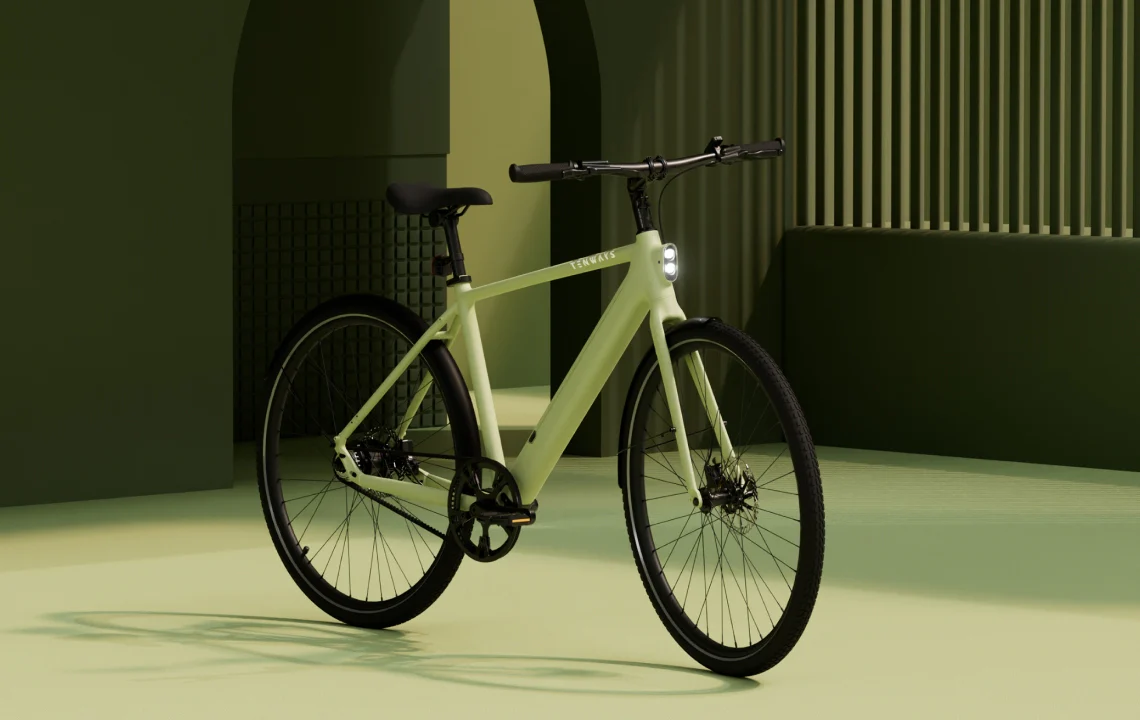uBlock Origin will soon stop functioning in Chrome as Google transitions to new browser extension rules.
Most people on the internet use the Chrome browser, and most Americans are using ad blockers. And even though advertising puts food on my table, I can’t blame them — because I block ads, too.
Google, as the world’s biggest advertising company, doesn’t appreciate that. That’s why recent policy changes in Chrome are going to impact one of the browser’s most popular ad blockers.
A change in Chrome’s extension support — from the Manifest V2 framework to the newer V3 — is being billed as a way to make browser add-ons safer, more efficient, and compliant with modern APIs. But it’s also deprecating features that complex extensions reply upon.
One of those extensions is uBlock Origin, an ad-blocking tool with over 30 million users according to its Chrome Web Store page (and presumably many more users across other browsers).
uBlock Origin still works as of this writing, but it will soon be automatically disabled by Chrome updates. Users will have the option to manually re-enable it for a little while, but that will disappear at some point in the near future. When that happens, uBlock Origin fans will need to find a different ad blocker… or a different web browser.
The maker of uBlock Origin is trying to weather this storm, and has already created a Manifest V3-compliant version of the tool called uBlock Origin Lite. This one uses the same core ad-blocking filters, but lacks certain features like dynamic filters for blocking scriptlet injection.
uBO Lite is also less capable of getting around anti-ad-blocking systems, like the infamous Admiral ad-blocker-blocker. Google has given uBO Lite the “Featured” badge on the Chrome Web Store.
uBlock Origin’s developer Raymond Hill could simply replace the Chrome Web Store page with the new Lite version, but according to an explainer post on GitHub, he’s not interested:
“I consider uBO Lite to be too different from uBO to be an automatic replacement. You will have to explicitly find a replacement to uBO according to what you expect from a content blocker. uBO Lite may or may not fulfill your expectations.”
uBlock Origin should continue to work fine on other browsers, including Firefox, Edge, Opera, and other Chromium-based browsers that support extensions, like my new browser bestie Vivaldi.
Google’s move to Manifest V3 support doesn’t appear to be entirely driven by attempts to make ad blockers obsolete, but it seems likely that it helped prod decisions in this direction.
Google has had a lot of drama surrounding ads recently, like dropping a years-long initiative to replace tracking cookies and trying to force advertising past ad blockers on YouTube.




